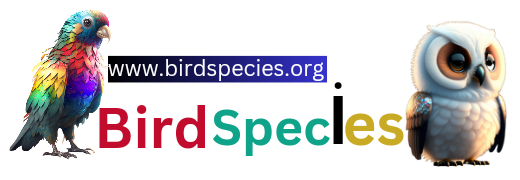AOS takes a huge step to rename some bird species. In a groundbreaking move aimed at addressing historical biases and fostering inclusivity within ornithology, the American Ornithological Society (AOS) has declared why it renamed all bird species within its geographic jurisdiction currently named after individuals.
American Ornithological Society suddenly announced that they had changed some bird species’ individual names to geographical names. Like the Northern Cardinal to the Red Cardinal, the Black-capped Chickadee to the Woodland Chickadee, and the Bald Eagle to the American Eagle.
This decision follows extensive deliberations within the ornithological community regarding the appropriateness of honoring individuals with potentially problematic pasts. In 2020, for instance, the AOS renamed the McCown’s Longspur to the Thick-billed Longspur after revelations about John P. McCown, the Confederate Army general and amateur naturalist for whom the bird was named.
The AOS’s revised bird naming policy seeks to create a more welcoming and inclusive atmosphere for bird enthusiasts of diverse backgrounds. To oversee this renaming process, a dedicated committee will be established, with active public participation encouraged for selecting new names.
Colleen Handel, President of the AOS, emphasized the necessity for a more inclusive and engaging scientific process that directs attention to the unique features and beauty of birds.
She stated, ‘Everyone who loves and cares about birds should be able to enjoy and study them freely—and birds need our help now more than ever.’
This initiative by the AOS represents a significant stride toward ensuring ornithology becomes a more inclusive and welcoming field. It serves as a reminder that seemingly innocuous cultural aspects can be shaped by bias and prejudice.
The AOS’s new bird naming policy aims to adopt more descriptive and inclusive names for species, focusing on characteristics like physical attributes, habitats, or behaviors. Examples of potential new names include renaming the Northern Cardinal to the Red Cardinal to better highlight its distinctive plumage, the Black-capped Chickadee to the Woodland Chickadee to emphasize its habitat preference, and transforming the Bald Eagle into the American Eagle to be more inclusive of Indigenous peoples who hold this iconic bird in high regard.
Additionally, the AOS will work to eliminate names that are considered offensive or exclusionary. For instance, the bird currently known as the ‘Squaw Duck‘ might be renamed the ‘Female Mallard‘ to avoid using a derogatory term for Indigenous women.
The AOS’s progressive bird naming policy signifies a substantial stride in making ornithology a more inclusive and equitable science. Through the selection of names that are both descriptive and respectful, the organization contributes to building a fair and just future for all bird enthusiasts.
“As scientists, we work to eliminate bias in science. But there has been historic bias in how birds are named, and who might have a bird named in their honor,”
said Judith Scarl, AOS executive director and CEO. (from independent.co.uk)

